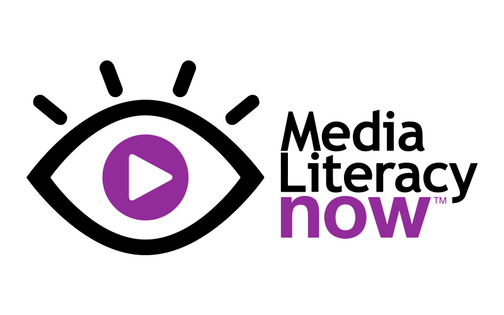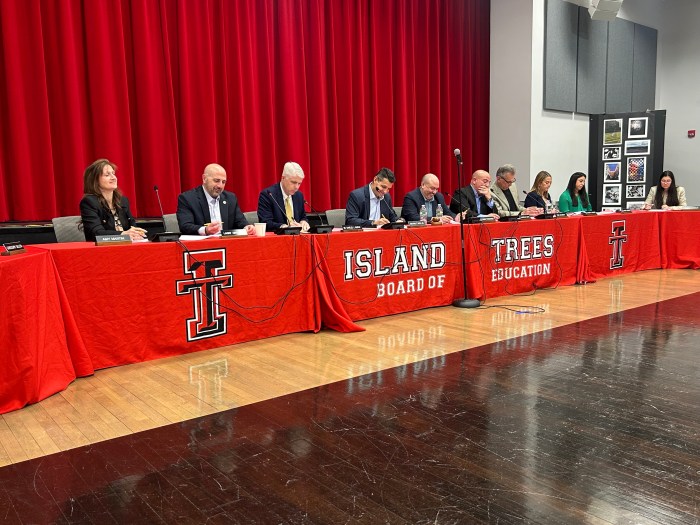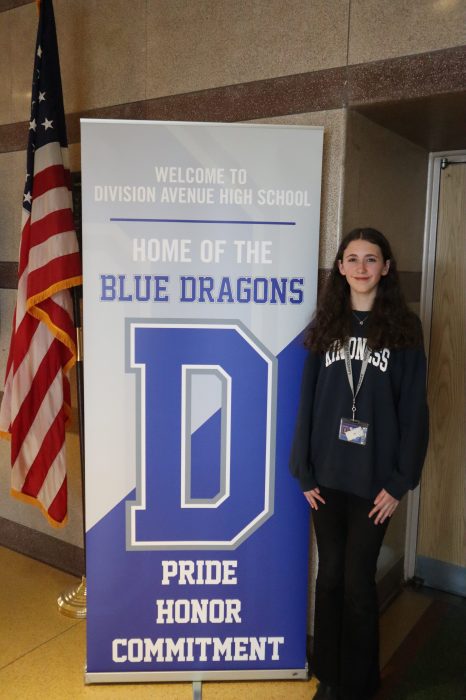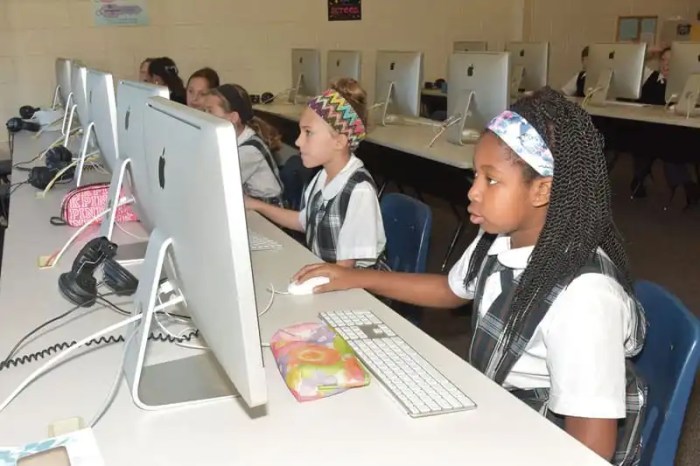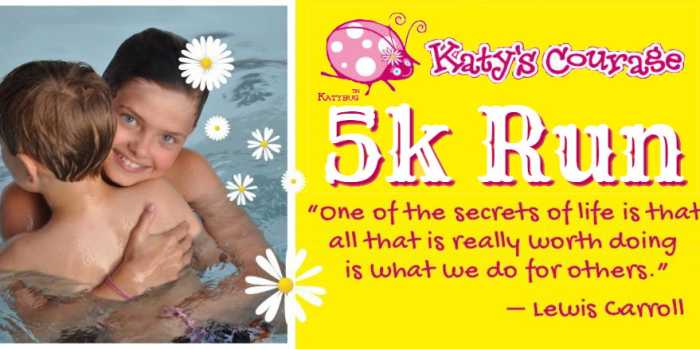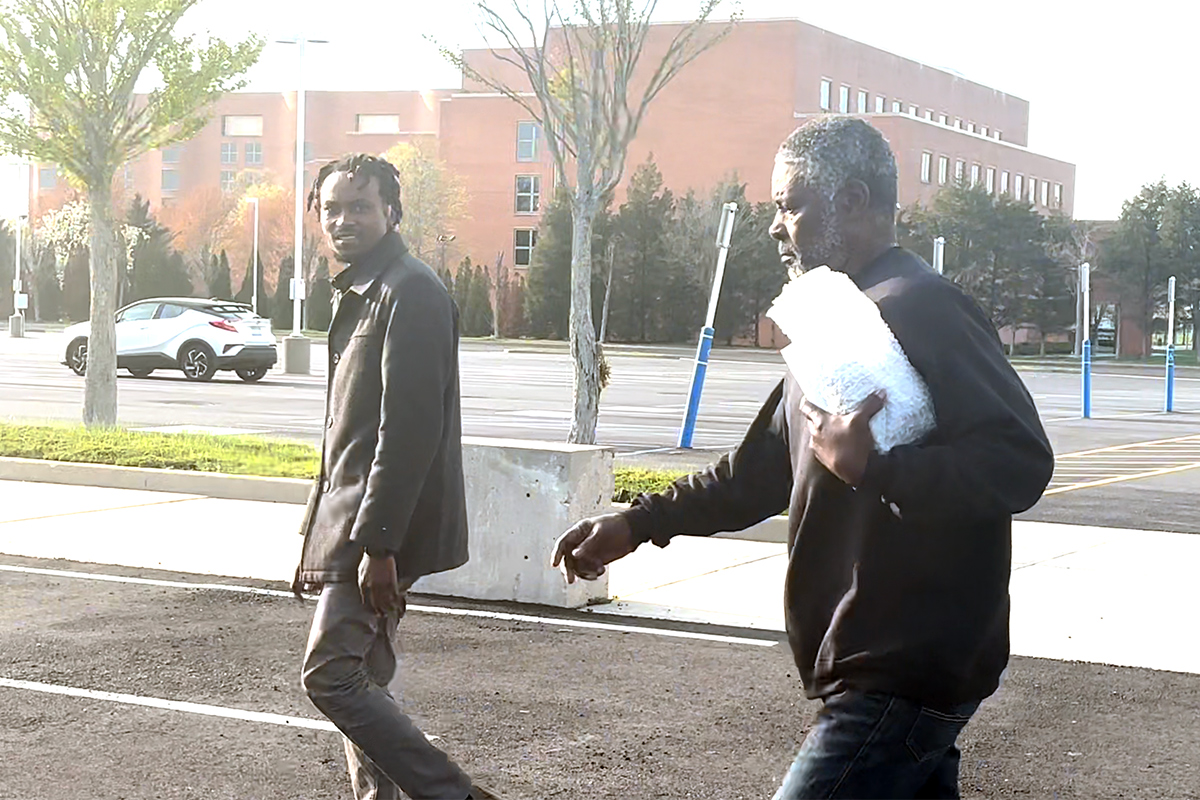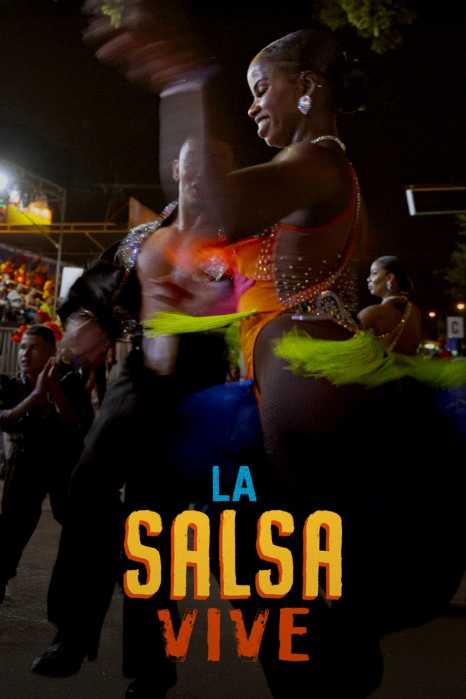As partisanship continues to create a deep ideological chasm in the United States, an informed population may be the only way to bridge divides. According to the politically neutral advocacy nonprofit Media Literacy Now (MLN), the idea of media literacy education is crucial given the fact that “…children live in a world of powerful 24/7 media…[along with] a drastic increase in the amount of time children and youth are spending with media over the past decade.” According to the Core Principles of Media Literacy Education, “the purpose of media literacy education is to help individuals of all ages develop the habits of inquiry and skills of expression that they need to be critical thinkers, effective communicators and active citizens in today’s world.”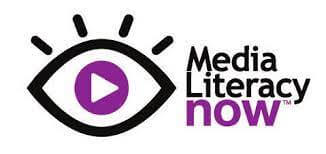
Hicksville’s Jaclyn Kahn Siegel is the MLN New York Chapter Leader and as a teacher at a private school, she sees firsthand how crucial the need is to teach students how to navigate messages they are being bombarded with via a prism of critical thinking and appraisal.
“Media literacy can help anybody, but specifically students, with analyzing and determining what resources in the media that they’re reading and what information is coming out of that,” Kahn Siegel said. “And to be able to tell if it’s accurate, biased, misinformation or 100 percent completely fake like The Onion. It’s also about accessing the media, analyzing it and creating it. An organization like the National Association for Media Literacy Education (NAMLE) has been [talking about understanding the effects of the media] since 1997, but I feel like a lot of people are more aware of them since 2016 because that presidential election set off this whole need for media literacy and the realization that a lot of people have been promoting [media literacy] for a very long time.”
Founded in 2013 by Erin McNeill, MLN built off McNeill’s instrumental success in the introduction of a bill to bring media literacy education to Massachusetts schools in March 2011. Since then, MLN has opened chapters in two dozen states while leading a grassroots movement to create a public education system that ensures all students learn the 21st century literacy skills they need for health, well-being, economic participation and citizenship. Kahn Siegel came to MLN by way of NAMLE, “…a professional association for educators, academics, activists, and students with a passion to help individuals of all ages develop the habits of inquiry and skills of expression that they need to be critical thinkers, effective communicators and active citizens in today’s world.”
 An important cornerstone of media literacy is resurrecting the importance of teaching civics. Kahn Siegel admits it can be a potentially delicate issue in these divided times.
An important cornerstone of media literacy is resurrecting the importance of teaching civics. Kahn Siegel admits it can be a potentially delicate issue in these divided times.
“My understanding is that civics is what citizens or whoever is living in the country need to know—their rights and obligations to society,” she said. “That includes the political aspect and I think right now, there are such partisan [leanings] that if you bring up a topic, is it going to set off red flags in talking about certain issues? But it’s also about getting students to not only learn about things, but to also make them active citizens.”
Pending Media Literacy Bills
From a legislative perspective, codifying how media literacy is taught in school districts is what is currently being addressed in Albany. The following are a trio of bills introduced by Assemblymember Linda B. Rosenthal (D/WF-Manhattan) and co-sponsored by a number of her Democratic colleagues. As of press time, no Republicans have signed on as co-sponsors.
A6142
Directs the commissioner of education to appoint a media literacy advisory group to identify best practices and recommend appropriate policies at the state and district level; requires such group to survey all school districts to see if media literacy is already being taught
A6154
Requires teachers and library media specialists to complete professional development related to media literacy education
A6225
Requires a school library media specialist in each elementary, intermediate, middle, junior high and senior high school
Currently there are three media literacy bills pending in the New York State Assembly introduced by Linda B. Rosenthal (D/WF-Manhattan) intended “for all students in New York State to become more media literate with the help of teachers and school library media specialists; to empower and educate the youth with the tools and resources they need to participate as thoughtful and productive members of society.” Among the proposals are the ensuring that every school has a library media specialist on staff. All teachers and library media specialists would be required to complete education relating to media literacy education. The third piece of legislation is focused on surveying schools to see if media literacy is being taught and how successful it may or may not be.

(Photo courtesy of Jaclyn Kahn Siegel)
Currently there are no Republican cosponsors behind an issue that is essentially apolitical, something Kahn Siegel is quick to stress.
“I think one of the thoughts that went into this and to be very mindful of is that [media literacy] is absolutely supposed to be nonpartisan,” she said. “Because it’s just about having our students learn and making sure that there are people in the building that can teach this important instruction. It’s also about making sure they are always learning because with educators, it’s not one and done. You went to school and that’s it. I think this is a matter of having more educators in the building, which I don’t think is a bad thing. And then having them be educated themselves so that they can teach the kids.”
Visit www.medialiteracynow.org to find out more about Media Literacy Now.




